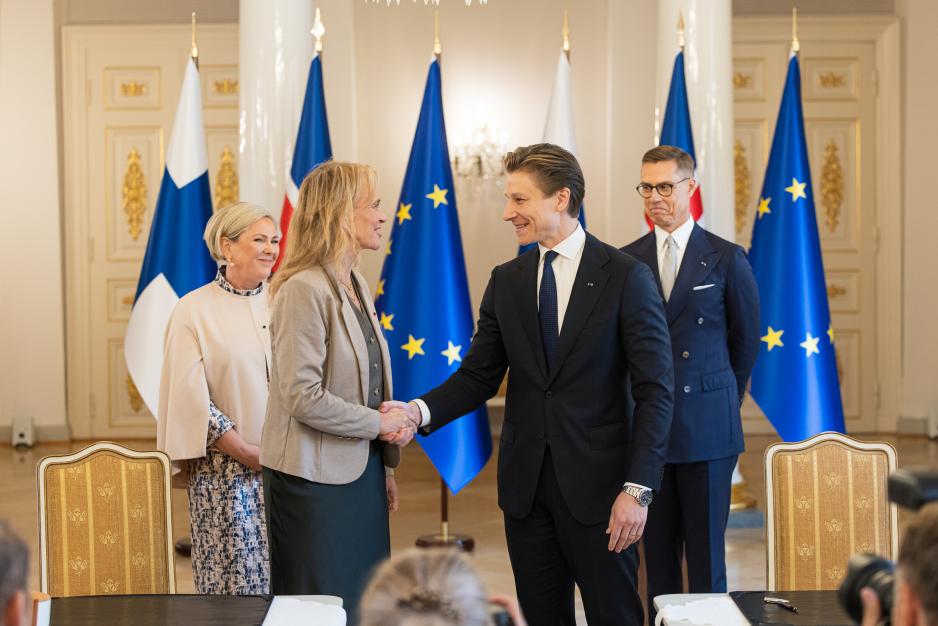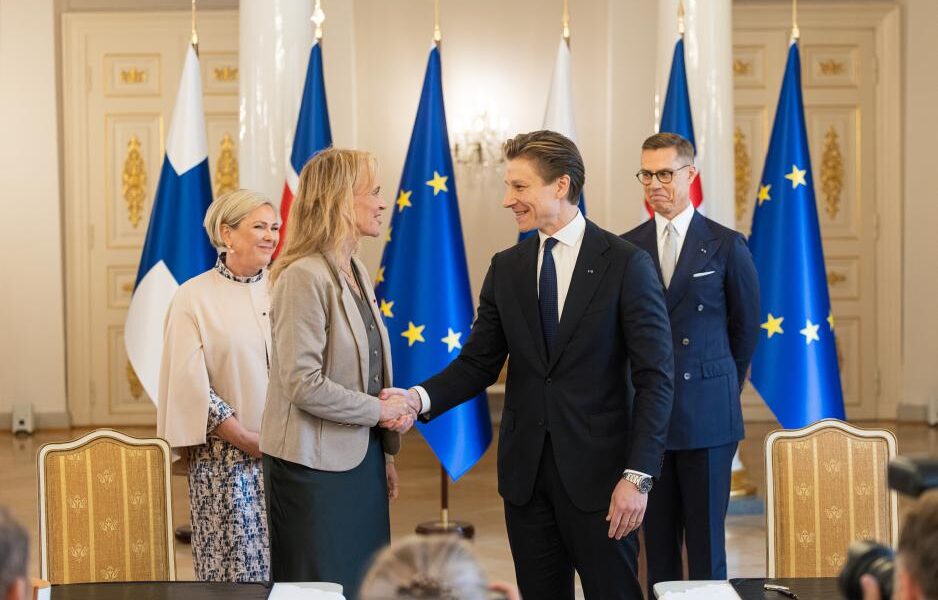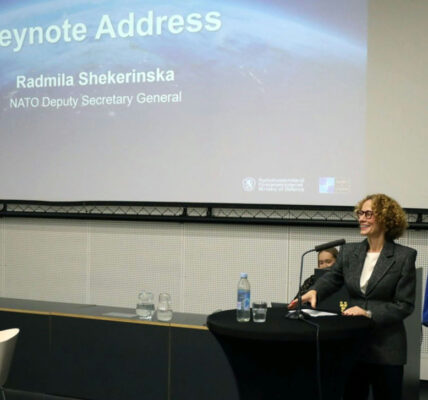Iceland and Finland have signed a Memorandum of Understanding (MoU) on defense cooperation during Icelandic President Halla Tómasdóttir’s state visit to Finland. The MoU was signed by Icelandic Foreign Minister Þorgerður Katrín Gunnarsdóttir and Finnish Defense Minister Antti Häkkänen. The agreement, focused on bilateral defense capabilities, regional security, and NATO deterrence, also includes military mobility, strategic and air surveillance, cyber defense, and information sharing. (High North News)
The Iceland–Finland MoU represents a significant strengthening of defense cooperation among Arctic and Nordic states at a time of heightened regional security concerns. By formalizing collaboration on host nation support, surveillance and information sharing, among other areas, the two countries are aiming to improve interoperability and leverage contextual expertise in order to respond more effectively to hybrid, cyber, and conventional threats. Finland, which joined NATO in 2023, is extending its Arctic engagement through more formal bilateral partnerships, while Iceland, more heavily reliant on NATO allies, strengthens its regional ties without committing a deployment of permanent forces.

However, the agreement has considerable implications. For one, the MoU contributes to the growing militarization of the Arctic, a region already experiencing increased strategic competition and security concerns, building from and potentially exacerbating tensions with Russia, thus further complicating the geopolitical landscape. Iceland’s reliance on NATO carries risks of increasing dependency on external powers, while Finland’s enhanced Arctic engagement may inadvertently intensify geostrategic friction. Moreover, these security initiatives must be balanced against socio-ecological priorities, including Sámi interests and environmental impact.
At the same time, the MoU reflects trends in Nordic defense cooperation (also referred to as NORDEFCO), highlighting a shared recognition among Arctic states of the region’s evolving challenges and desire for collaboration. By coordinating defense capabilities, Iceland and Finland signal the importance of regional support, but the emphasis on security also underscores the delicate trade-offs inherent in Arctic policy. (Nunatsiaq News, Reuters)
Source – https://www.thearcticinstitute.org/arctic-week-take-five-week-6-october-2025/




